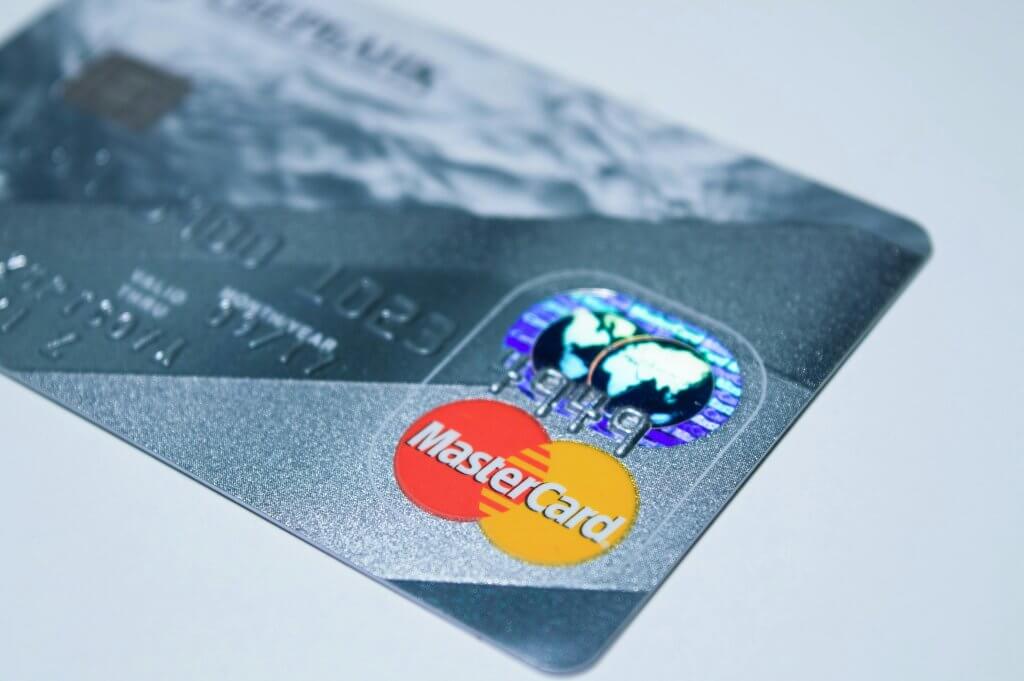Running a limited company generally gives you a clear legal boundary between your personal finances and the company’s obligations. This principle, known as limited liability, is one of the key protections of a limited company structure. It means that if the business runs into trouble, the company itself is responsible for its debts, not you.
But this boundary only holds if you’ve acted properly as a director. Certain actions, like signing a personal guarantee, continuing to trade when the company is insolvent, or misusing funds, can pierce that protection and leave you personally liable for the company’s debts.
If you’re a director and your company is struggling financially, it’s crucial to understand where the lines are drawn.
What counts as company debt?
Company debt includes any liabilities taken out in the name of the company or business. This might be:
- Business loans or overdrafts
- Supplier or trade credit
- Tax liabilities like VAT, PAYE or Corporation Tax
- Bounce Back Loans or other pandemic-related borrowing
- Unpaid rent or utility bills
- Lease or hire-purchase agreements
If these debts are in the company’s name and there’s no personal guarantee, they’ll usually remain with the company, even in insolvency.
What happens if the company can’t pay?
When a company reaches the point where it can’t pay its bills as they fall due, or it owes more than it owns, it’s likely insolvent. At that point, your responsibilities as a director shift. You’re no longer trying to grow the business: you now have a legal duty to protect creditors.
That means you must avoid taking on new debt, stop preferential payments to certain creditors, and definitely not take money out of the company for yourself. You should also stop trading, known as trading while insolvent.
Failing to act can be seen as wrongful trading, and that’s where personal liability comes in. You can be held personally responsible for worsening the company’s financial position by continuing to trade when you knew, or should have known, it couldn’t recover.
What are the solutions to company debt?
If your company can’t pay what it owes, there are solutions. And they’re not all about giving up. Whether the business has a future or you just want to stop the pressure and draw a line under it, there are legal, structured ways forward that protect your position and help you move on.
1. Company Voluntary Arrangement (CVA)
A CVA is a formal agreement with creditors to repay your company’s debts over time. It lets the business keep trading, protects it from legal action, and can write off some of the debt. CVAs work best when the business still has decent turnover, a loyal customer base or clear potential to recover if given space to breathe.
2. Time to Pay arrangement with HMRC
If your main pressure is from tax arrears, like VAT or PAYE, we can help you apply for a Time to Pay deal. HMRC often prefers structured repayment over escalation, but your proposal needs to be realistic and professionally presented to get accepted.
3. Creditors’ Voluntary Liquidation (CVL)
When the company can’t continue, a Creditors’ Voluntary Liquidation lets you close it down in a controlled, legal way. A licensed insolvency practitioner steps in to manage the process, deal with creditors and ensure any remaining debts (including Bounce Back Loans) are written off. It can also protect you from personal liability if you’ve acted properly.
4. Start Afresh Liquidation
If you want to continue in business but the current company can’t survive, it may be possible to close the insolvent company via a CVL and set up a new one to carry on trading. Start Afresh Liquidation is legal if done properly. We can help you follow the rules to avoid falling foul of the law.
5. Administration
This is a rescue process that offers temporary protection from creditor action while an insolvency practitioner tries to sell or restructure the business. It’s more suited to companies with assets, contracts or staff worth preserving.
6. Informal restructuring
In some cases, you may be able to renegotiate with creditors directly, refinance, or restructure informally without entering a formal insolvency process. We can help assess whether this is realistic, or whether formal protection is the safer route.
Can a director be held personally liable?
This depends on how you’ve acted. Here are the most common situations that can trigger personal liability.
1. Signing a personal guarantee
Many lenders, especially alternative finance providers and online lenders, ask for personal guarantees when giving any credit to small businesses. If you’ve signed one, you’ve agreed to repay the debt personally if the company can’t. These guarantees often apply to loans, asset finance, or even trade accounts.
2. Misusing company money
Using a Bounce Back Loan to pay personal bills, fund a holiday, or invest in a separate business can trigger personal liability. It doesn’t matter that the loan wasn’t personally guaranteed. If the money wasn’t used for legitimate business purposes, you could be pursued by HMRC or a liquidator.
3. Trading while insolvent
If you carried on trading when there was no realistic prospect of recovery, you could be accused of wrongful trading. If proven, a liquidator can apply to make you personally liable for some or all of the debts.
4. Unpaid taxes
In some situations, HMRC can issue a Personal Liability Notice (PLN) if they believe unpaid tax, such as VAT or PAYE, was deliberately avoided, or if you’ve repeatedly failed to cooperate. This means you’re likely to be held personally liable for company debt to HMRC, and in extreme cases, they can seek bankruptcy.
What if the company ignores its debts?
If a company falls behind on payments and doesn’t engage with creditors, the situation can escalate fast. Creditors may:
- Issue a statutory demand
- Apply for a County Court Judgment (CCJ)
- Petition the court to wind up the company
HMRC, in particular, has wide enforcement powers. If they believe you’re avoiding payment or acting dishonestly, they can freeze company bank accounts, demand personal deposits, or apply for your personal bankruptcy.
Once formal insolvency proceedings begin, the appointed insolvency practitioner will also investigate director conduct. If there are signs of mismanagement or breach of duty, you may be reported to the Insolvency Service—which can lead to disqualification or personal claims.
Can you sell a company with debts?
If you’re looking to exit a business with debt, voluntary liquidation is likely a better option. A Creditors’ Voluntary Liquidation (CVL) allows you to close the company in a legal and structured way, handing over control to a licensed insolvency practitioner. Any remaining debts are written off and you may be able to start again under the right conditions.
Buyers won’t generally want to inherit hidden liabilities or take on a company with a history of financial trouble. Even if the brand or contracts seem valuable, the risks usually outweigh the reward.
Can you dissolve a company with debt?
If your company has outstanding debts, you can’t use Companies House’s voluntary strike-off process. It’s illegal to apply for dissolution while knowingly owing money. Creditors, particularly HMRC, can and do object to strike-off applications.
Trying to dissolve a company with unpaid debt is risky. It can lead to fines, disqualification, or being forced into compulsory liquidation. A CVL is the proper route when your company can’t pay its debts.
How to manage debt safely and protect yourself
If your company is under financial pressure, you’ve got options. But timing is everything. Here’s what you can do now.
Get clarity on the debt: Check who the debts are owed to, whether they’re secured, and if any personal guarantees exist.
Review your cash flow and viability: Can the business realistically recover? Or is it already trading at a loss?
Speak to an insolvency expert: The earlier you do this, the more options you’ll have—from repayment plans to formal insolvency solutions.
Consider a Company Voluntary Arrangement (CVA): This can allow you to keep trading while gradually repaying debts.
Explore a Creditors’ Voluntary Liquidation: If recovery isn’t possible, voluntary liquidation protects your legal position and helps you close the company properly.
Get expert help with company debts
Limited company status offers protection but not in all situations. We’re here to help you make sense of your situation and act before it’s too late. Whether you’re trying to rescue the business or draw a line under it, we’ll guide you through the safest path forward, with your personal interests protected every step of the way.




